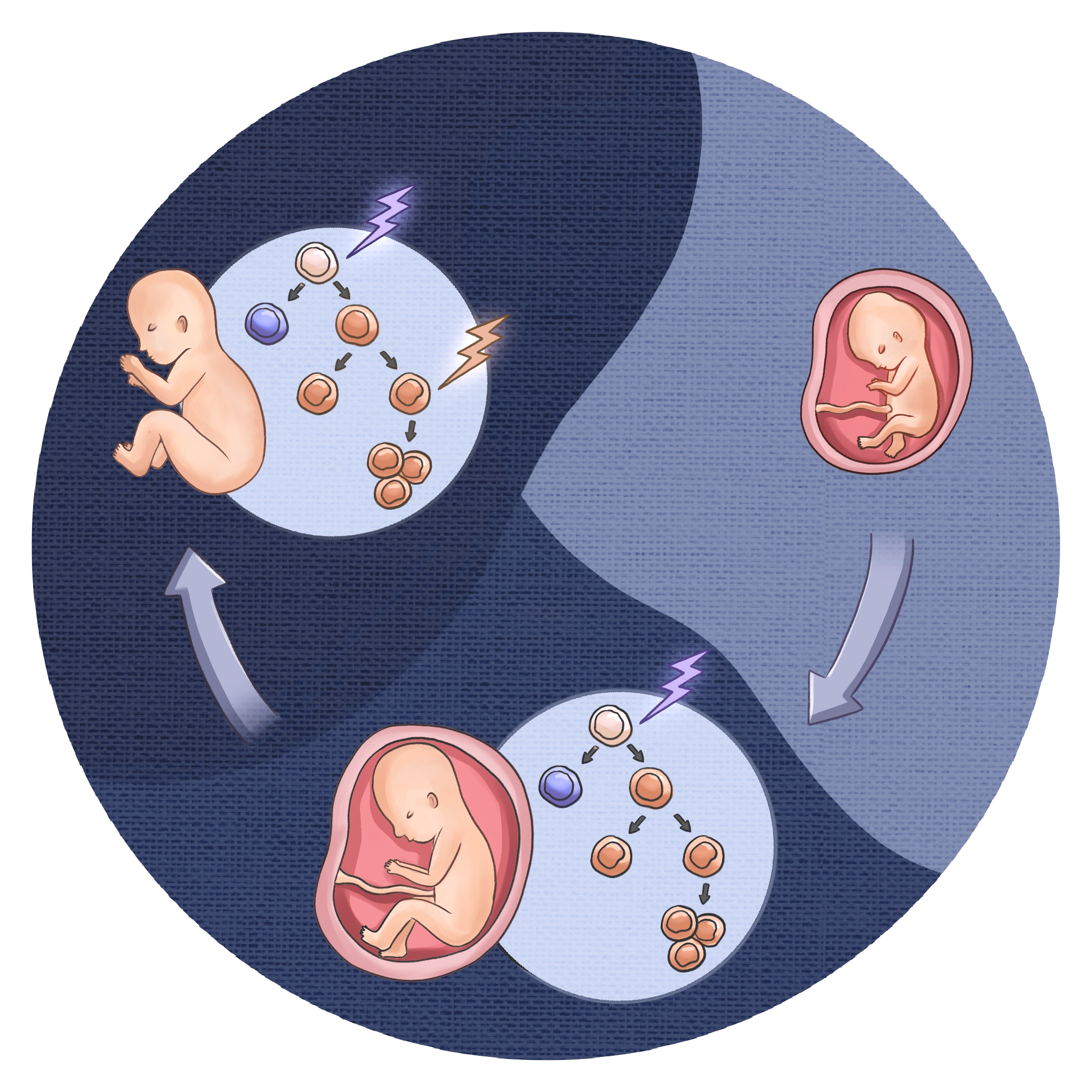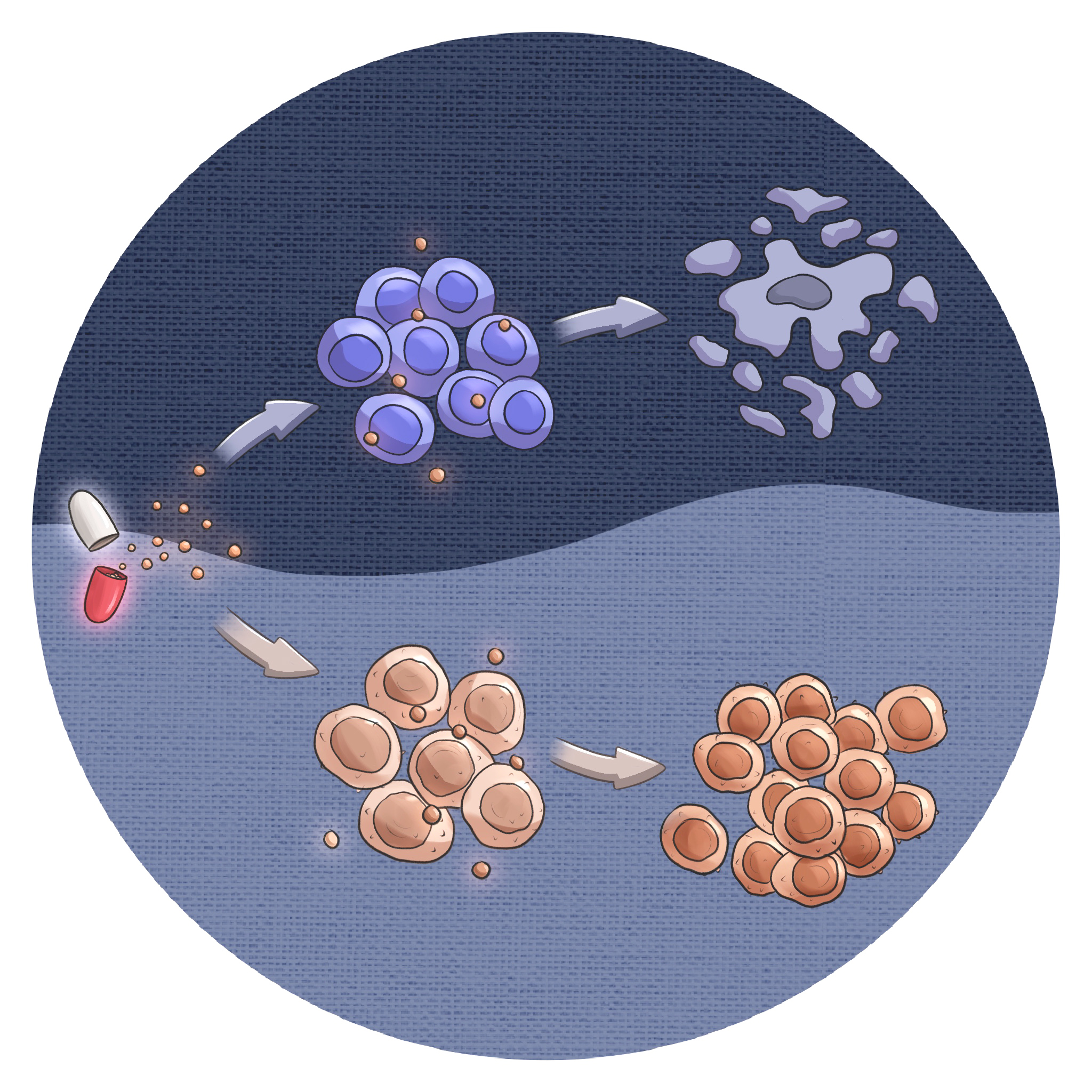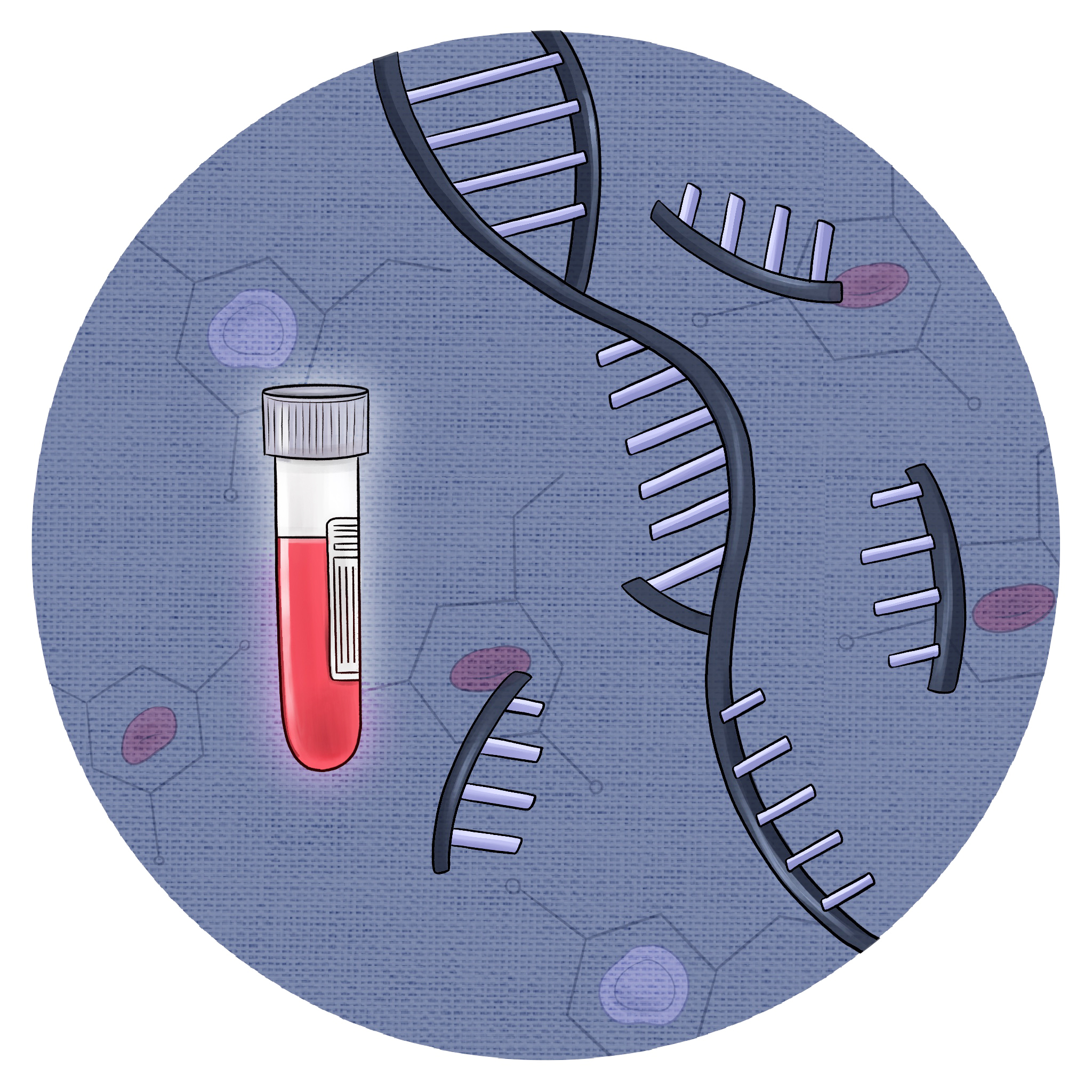Research Areas

The Origin and Developmental Causes of Childhood Leukemia
Leukemia is the most common cancer in children and the first genetic mutations can occur before birth. Therefore, the developmental context of leukemia initiation is likely to play an important role in the resulting malignancy. We are interested in characterizing the molecular program of leukemic susceptibility through single cell transcriptional and epigenetic profiling and identify mechanistic processes that explain why children get leukemia.

Overcoming Therapy Resistance in Childhood Leukemia
We are extending our CRISPR/Cas9 genome editing approach to model chromosomal translocations and gene fusions that are frequently observed in childhood leukemia. Some of these genetic perturbations are associated with therapy resistance. We are interested in characterizing why these leukemias are resistant to standard chemotherapy and how we can identify and develop therapeutic targets against them.

Identifying Genetic Vulnerabilities of Leukemia through Functional Genomics
We aim to uncover genetic vulnerabilities in childhood and adult leukemia through CRISPR/Cas9 functional screens in primary leukemia patient samples. Conducting these systematic and unbiased screens directly in human primary samples will lead to the identification of highly relevant therapeutic targets in a system that we believe is superior to previously used cell lines and genetically engineered mouse models.